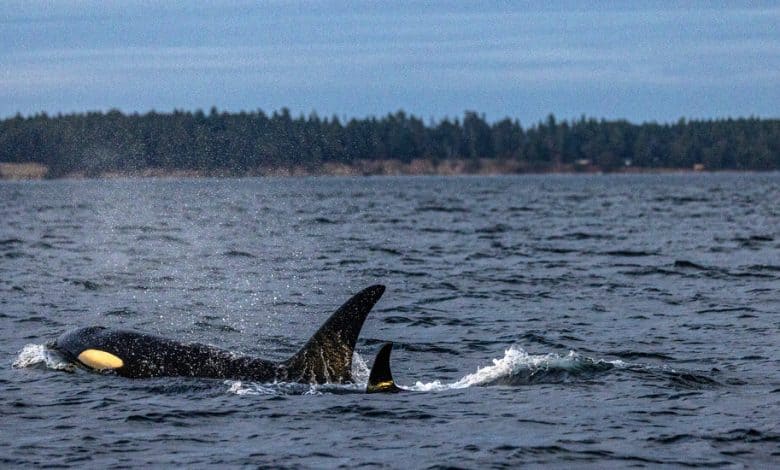All Orcas Are Classified as a Single Species. Should They Be?

Killer whales are some of the most cosmopolitan creatures on the planet, swimming through every one of the world’s oceans. They patrol the frigid waters near both poles and periodically pop up in the tropics, in locations from western Africa to Hawaii.
Although their habitats and habits vary widely, all killer whales are considered part of a single, global species: Orcinus orca. (Despite their common name, killer whales are actually part of a family of marine mammals known as oceanic dolphins.)
Now, scientists have drawn upon decades of research to suggest that two killer whale populations often observed off the Pacific Coast of the United States and Canada are actually so different from each other — and from other orcas — that they should be considered separate species.
In a paper published in the journal Royal Society Open Science on Tuesday, the scientists proposed giving new species designations to two groups of animals, one known as resident killer whales and the other often called Bigg’s killer whales. Although both types live in the eastern North Pacific, they have different diets: the resident orcas eat fish, with a particular predilection for salmon, while the Bigg’s orcas hunt marine mammals such as seals and sea lions.
The proposal documents numerous other behavioral, physical and genetic differences between the two orca populations, which have been evolving away from each other for hundreds of thousands of years, the scientists noted.
“These two types are genetically two of the most distantly related types in the whole world,” said Phillip Morin, a geneticist at the Southwest Fisheries Science Center at the National Oceanic and Atmospheric Administration, or NOAA, and an author of the study. “They’re not just behaving differently. They really are on these evolutionary trajectories which we consider to be different species.”
